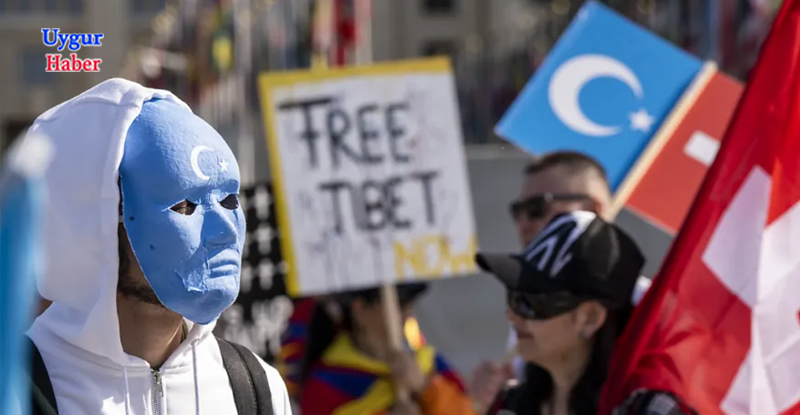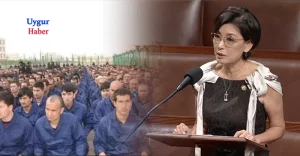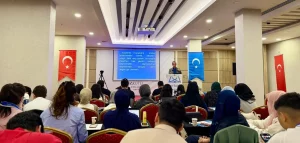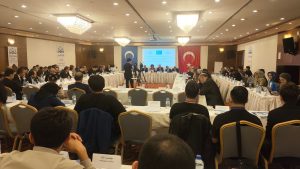A Swiss government report states that China engages in transnational repression, including coercing Uyghurs and Tibetans in Switzerland to spy, monitoring protests, and using cyber-attacks to silence dissent.
China is inciting Uyghurs and Tibetans in Switzerland to spy on their own communities and exert pressure on them, a Swiss government report concluded on February 12, 2025. Members of the two Chinese minority groups are subject to “transnational repression”, the report said.
Besides inciting Uyghurs and Tibetans to spy on their fellow members in Switzerland, “there are also indications that politically active people are systematically observed, photographed and filmed,” a Swiss government statement said.
“There are also indications of cyber-attacks and surveillance of communications, potentially also targeting Swiss citizens who are politically active in support of the Tibetan and Uyghur communities.”
The Swiss government’s findings are based on a University of Basel study commissioned by the justice and migration ministries. The report said that while the consequences of transnational repression were not as easily identifiable as those of terrorism, for example, “they pose a considerable threat to Switzerland’s sovereignty in the long term”.
It said the phenomenon was also “set to increase”, under the combined effects of advancing digital technology and increasingly close cooperation between authoritarian states. China was not alone in pursuing diaspora communities, the report said. “According to current findings, in addition to China, other states such as Russia, Iran and Turkey are also perpetrators,” it said.
The report said a “major objective” for Beijing was dissuading Uyghurs and Tibetans in Switzerland from engaging in political activities, using cyber-attacks in particular.
The report said the Chinese intelligence services monitored demonstrations organised by the Tibetan diaspora. “Their agents operate under diplomatic cover, or pass themselves off as journalists, tourists or students,” it said.
“The fact that people feel under constant surveillance and are subject to various forms of harassment maintains a climate of fear and restricts the exercise of their fundamental rights.”













Be First to Comment